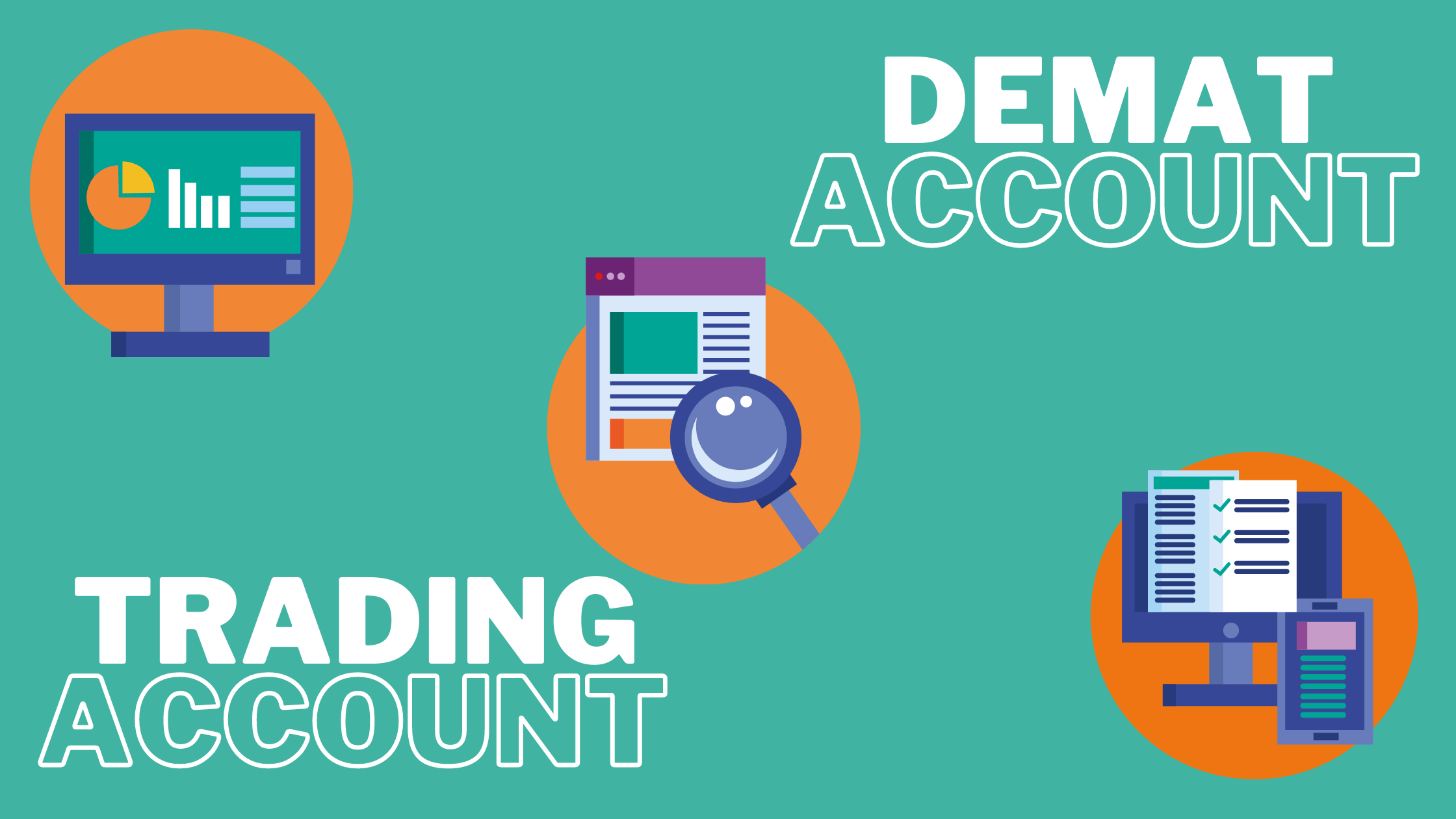Opening Your Demat and Trading Accounts: Step-by-Step Guide for 2023 – #12 MASTER INVESTOR
by onleaves

Demat Account: What Is It and How to Open One?
In this comprehensive guide, we will delve into the world of Demat accounts and trading accounts. Whether you’re a novice investor or someone looking to understand the intricacies of these essential tools, this article will provide you with the knowledge you need.
Demystifying Demat and Trading Accounts
If you’re familiar with the stock market, you’ve probably come across the terms “Demat account” and “trading account.” But what exactly are they, and why are they crucial for anyone looking to invest in stocks?
Why Open a Demat and Trading Account?
Before we delve into the nitty-gritty details, let’s address the fundamental question: Why do you need both a Demat account and a trading account? In the modern world of stock trading, they play distinct yet interrelated roles.
Understanding the Historical Context
To truly appreciate the significance of Demat and trading accounts, it’s essential to understand how stock trading was conducted in the past. Picture a time when buyers and sellers physically convened at stock exchanges, clutching cash and share certificates.
The Tedious Process of Physical Trading
In this scenario, a seller might announce they have 500 shares to sell at ₹500 each, sparking a bidding war. Multiple interested parties would engage in a drawn-out process of bidding, counter-bidding, and negotiation until an agreement was reached, often at a different price than initially proposed.
The Inconvenience of Physical Trading
Apart from the time-consuming negotiation process, physical trading also posed the inconvenience of physical presence. If you wanted to trade on a stock exchange in Mumbai, you had to be there in person or rely on a stockbroker to conduct the trade on your behalf.
The Digital Transformation: Demat and Trading Accounts
Fortunately, the stock trading landscape has undergone a transformative evolution. Today, the entire process is seamless and digital, thanks to the establishment of trading and Demat accounts.
The Shift from Physical to Digital
In this modern setup, cash is no longer carried around. Instead, it is stored securely in your trading account. Similarly, physical share certificates have given way to digital records stored in a Demat account.
Decoding the Demat Account
The term “Demat” stands for “dematerialized,” reflecting the shift from physical to digital shares. In essence, your online shares are stored in a Demat account, ensuring their safety and accessibility.
A Real-Life Transaction: Buying HDFC Bank Shares
To illustrate how these accounts work together, let’s consider a practical example. Imagine you want to buy shares of HDFC Bank. You have a savings account in Axis Bank, but you can’t directly trade from it. So, you need two accounts: a trading account and a Demat account.
The Role of the Trading Account
Your trading account serves as a bridge between your bank account and the stock market. You transfer funds from your bank account to your trading account, enabling you to execute trades.
Also Read: Canara Bank Net Banking: How to Access Canara Bank’s Net Banking?
The Role of the Demat Account
Once you’ve purchased HDFC Bank shares, they are securely stored in your Demat account. This digital repository eliminates the need for physical share certificates.
Simplification Through Consolidation
In today’s world, trading and Demat accounts are often consolidated into a single account offered by stockbrokers. This integration streamlines the process, sparing you the need to visit multiple places to open separate accounts.
The Trade Settlement Timing
After executing a trade, the settlement process typically takes two business days. This delay is due to the involvement of Clearing Members and Depositories, which we’ll explore in detail in a future article.
The Importance of Both Accounts
Now, you might wonder if you can open only a trading or Demat account. Technically, you can, but it’s impractical. Here’s why:
- If you have a Demat account but no funds for trading, you won’t be able to utilize your shares’ sale proceeds.
- Conversely, having only a trading account limits you to intraday trading, where stocks are bought and sold on the same day.
Conclusion
Both Demat and trading accounts are indispensable for anyone interested in stock trading or investing. They work in tandem to facilitate seamless transactions and safeguard your investments.
We hope this guide has demystified the world of Demat and trading accounts, providing you with a clear understanding of their roles and significance in today’s stock market. If you found this article helpful, don’t forget to like and share it. If you have any questions or suggestions, please feel free to comment. To stay updated on the latest financial insights, subscribe to our channel and ring the bell icon for notifications.
Thank you for joining us on this informative journey. Keep learning, keep earning, and, as always, stay happy.
Also Read: A Guide to Registration, Login, and App Usage on the Digital Gramin Seva Kendra Portal
Demat Account: What Is It and How to Open One? In this comprehensive guide, we will delve into the world of Demat accounts and trading accounts. Whether you’re a novice investor or someone looking to understand the intricacies of these essential tools, this article will provide you with the knowledge you need. Demystifying Demat and…
Recent Posts
- Financial Success with Nivesh Mitra: Your Trusted Investment Companion
- Manav Sampada Portal at ehrms.upsdc.gov.in for Viewing the E-Service Book
- School Insights Navigate Shala Darpan with Staff Login @ rajshaladarpan.nic.in
- Maharashtra Employment 2023: Register Online for Job Opportunities
- Empower Your Career: Navigating the Employment Exchange for Success





